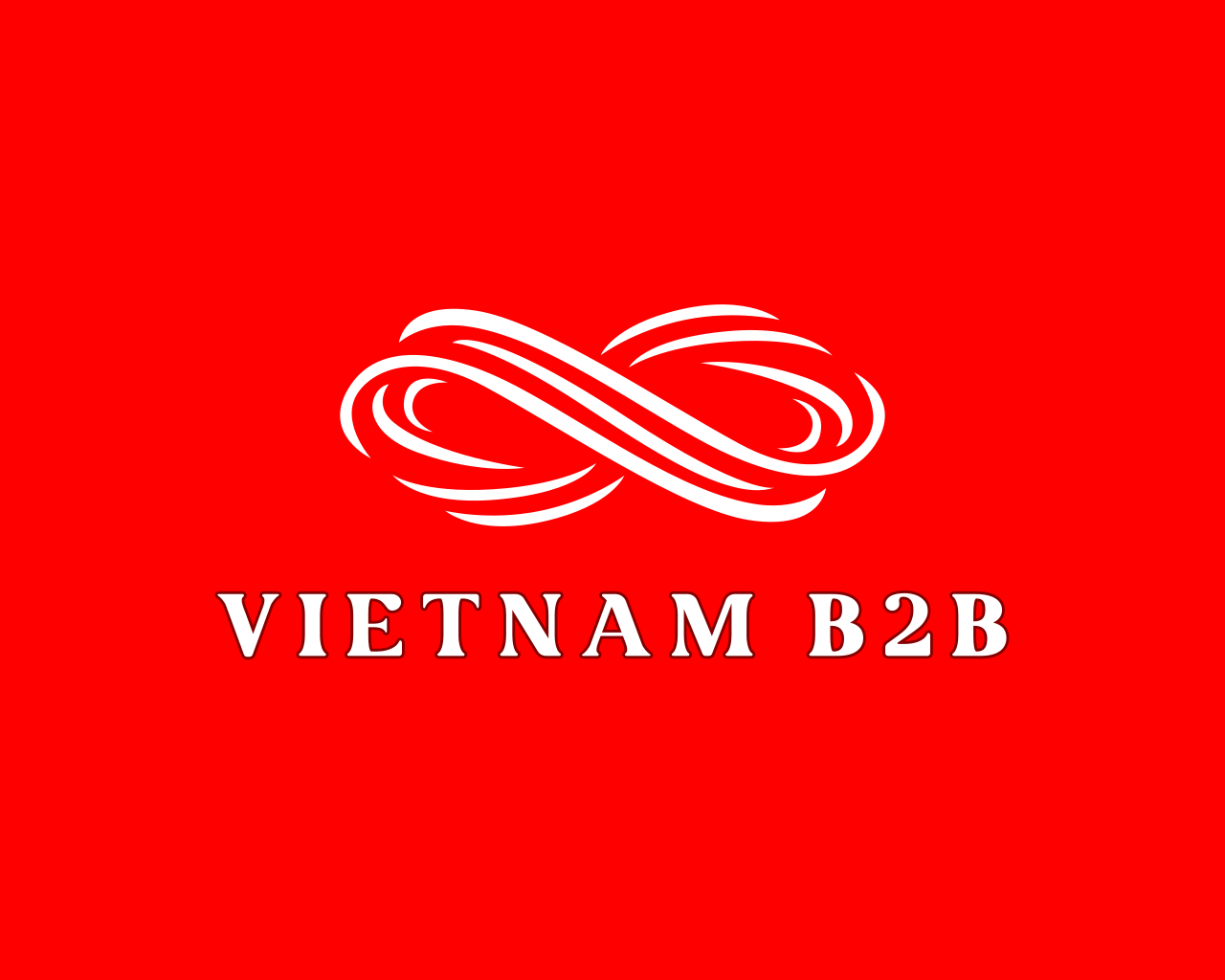In discussions between Party General Secretary and President Xi Jinping and Vietnamese President Vo Van Thuong, President Xi affirmed China’s commitment to increasing imports of Vietnamese goods, particularly focusing on high-quality agricultural products.
During talks at the Presidential Palace on Wednesday, President Thuong expressed a desire for Vietnam and China to exchange developmental experiences and bolster practical cooperation across various sectors, with a special emphasis on strengthening a robust trade and investment relationship.
President Thuong proposed the improvement of transportation links and the expansion of collaboration in agriculture, environment, science and technology, and healthcare, according to the Ministry of Foreign Affairs.
Additionally, he suggested fostering increased people-to-people exchanges, advocating for interactions among citizens, particularly the youth, to enhance mutual understanding and friendship. This, in turn, would contribute to building a solid social foundation for relations between the two parties and two nations.
President Xi reiterated China’s commitment to boost imports from Vietnam, specifically emphasizing high-quality agricultural products. He encouraged Chinese enterprises to increase high-quality investments that reflect China’s scientific and technological advancements.
Both leaders affirmed the new position of Vietnam-China relations and the six cooperation pillars. These were established through discussions between Vietnamese Party General Secretary Nguyen Phu Trong and Party General Secretary and President Xi, providing clear direction and initiating a period of substantial cooperation between the two parties and countries in a new era.
They also agreed to jointly ensure maritime peace and stability. President Thuong called for the resolution of disputes through peaceful means in accordance with international law and mutual understanding. This includes actively collaborating with ASEAN to fully implement the Declaration on the Conduct of Parties in the South China Sea (DOC) and develop a comprehensive and effective Code of Conduct in the South China Sea (COC), aligning with international law, including the 1982 United Nations Convention on the Law of the Sea (UNCLOS).
